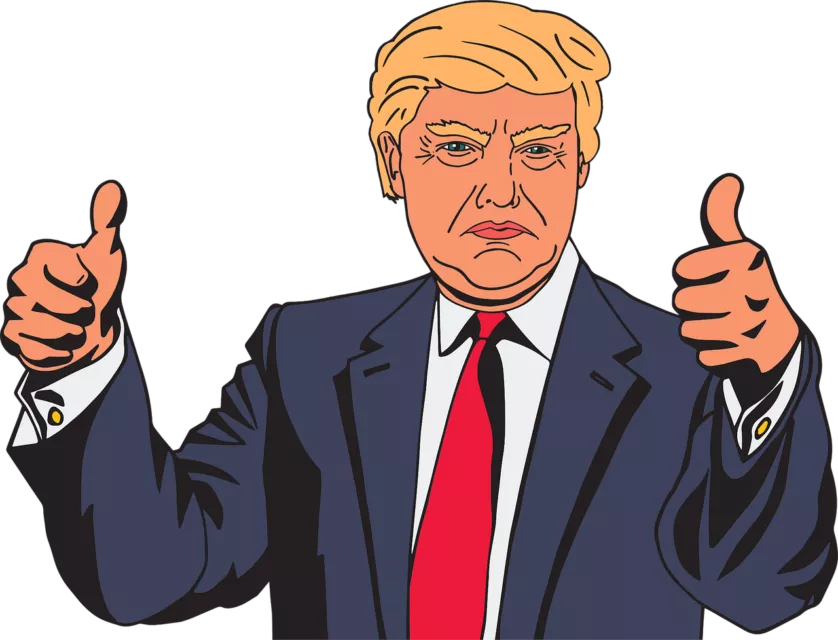Trump also secured an endorsement from opponent Vivek Ramaswamy, who dropped out of the race following a disappointing loss.
Primaries and caucuses are ways voters choose their presidential candidate from the two major national parties in the US elections.
Majority of US states hold primaries while some traditional Republican states such as Iowa hold caucuses to elect delegates.
Delegates elected at primaries and caucuses vote in the respective party conventions to nominate the general party candidate to contest the Presidential elections.
The caucus itself requires lengthy participation as voters gather at assigned precincts to debate candidate options.
The Republican National Convention will be held in July.
Trump cemented his status as leading candidate for the Republican Party with 51 percent of votes.
Trump likely received strong support from key voting blocs in the caucus, white evangelicals and conservative voters.
Trump’s margin was the largest ever in an Iowa caucus, surpassing the previous record of 12.8 percentage points for Bob Dole in 1988, despite mounting legal challenges.
Trump garnered at least 20 of 40 delegates, while his nearest challenger Florida Governor Ron DeSantis took 8 followed by Nikki Haley at 7, according to provisional tallies.
DeSantis received more than 21 percent of the votes, while Haley finished closely behind him with about 21 percent of votes.
Ramaswamy got only approximately 8 percent of votes and gained three delegates, after which the entrepreneur announced that he was ending his presidential campaign and endorsed Trump, who he had previously called the ‘best president of the 21st century.’
Ramaswamy, a political outsider, modelled his campaign similar to Trump with statements, unorthodox policy proposals and admonishment of his opponents.
‘I’m more similar to Trump in 2015 than Trump today is to Trump in 2015,’ Ramaswamy said in a podcast with Russell Brand, in August 2023.
The temperature in Des Moines, Iowa was as low as -22 degrees Celsius (-7.6 degrees Fahrenheit) on Monday night, well below the 2004 Iowa caucus when it dipped to almost -9C (16F), making the caucus the coldest on record amid winter storms.
The bitter cold played a huge role as the caucuses witnessed the lowest voter turnout in more than a decade.
Edison Research estimated a turnout at 115,000 on Monday night – down from 186,657 in 2016. This was also lower than the 121,503 who showed up in 2012, and 119,207 voters in 2008.
According to a NBC News entrance poll, a sizable majority of Iowa Republican caucus-goers said they do not believe President Joe Biden legitimately defeated former President Donald Trump in the 2020 presidential election.
The next GOP presidential primary is being held in New Hampshire on January 23.
The state will choose 22 delegates to represent it at the Republican convention.
Stay updated with all the insights.
Navigate news, 1 email day.
Subscribe to Qrius

